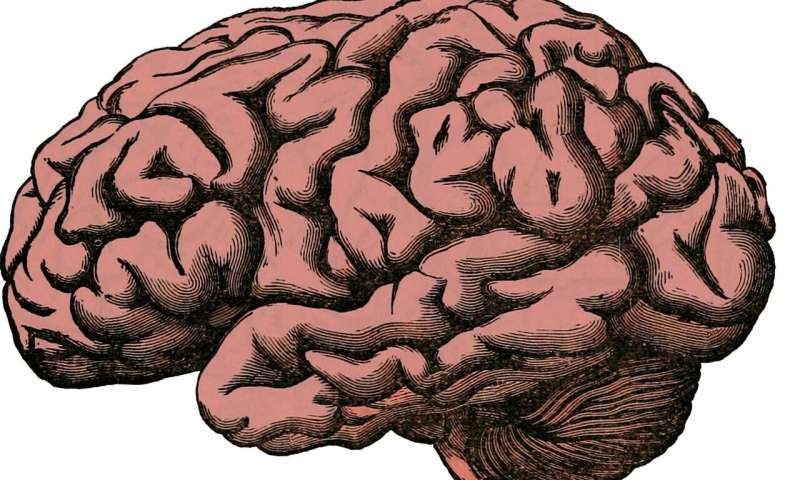A Neurologist's Perspective on Living with Alzheimer's Disease: Insights and Personal Experience

Dr. Daniel Gibbs shares his personal journey with Alzheimer's disease, highlighting early signs, genetic risk, lifestyle strategies, and the importance of early detection for managing the condition effectively.
In 2006, Dr. Daniel Gibbs began noticing subtle changes in his sense of smell, which was his first indication that something might be amiss. Unlike typical concerns about not smelling certain odors, what caught his attention was the presence of olfactory hallucinations—repeatedly smelling the same scent, like perfume mixed with baked bread. Recognizing these as signs that his brain might not be functioning properly, he initially attributed the loss of smell to aging. However, at 57 years old, this was unusually early for such symptoms.
Dr. Gibbs, a neurologist based in Portland, Oregon, understood that olfactory deficits can be an early marker for neurological conditions, including Parkinson's disease. Yet, in his case, the symptom was an early sign of Alzheimer’s disease. It wasn't until six years later that he received a definitive diagnosis. Since then, he has become an advocate for awareness and uses his personal journey to educate others. He authored a book about his experience, participated in a documentary, and maintains a blog to shed light on living with Alzheimer’s.
His journey intensified in 2012 when genetic testing revealed he carried two copies of the APOE4 gene, significantly increasing his risk of developing Alzheimer’s. Despite no cognitive impairment at the time, his test results prompted him to act. He underwent cognitive testing, which hinted at early difficulties in verbal memory, and subsequently retired from practicing medicine in 2013.
Seeking early intervention, Dr. Gibbs joined neuroimaging research studies and clinical trials aimed at understanding and treating Alzheimer’s. His participation included PET scans detecting amyloid and tau proteins—biological markers involved in disease progression—and he became involved in a clinical trial for an anti-amyloid drug now approved for early Alzheimer’s.
He emphasizes that lifestyle choices play a crucial role in delaying the progression of the disease. Proven strategies include regular aerobic exercise, a Mediterranean-style diet such as the MIND diet, cognitive stimulation, social engagement, sufficient sleep, and managing vascular risk factors like hypertension, diabetes, and cholesterol. He incorporates daily walks with his dog, resistance exercises with bands, and practices tai chi to improve his balance and overall health.
Dr. Gibbs adheres to the MIND diet, which emphasizes fruits, vegetables, nuts, whole grains, and seafood while reducing red meat and alcohol intake. His loss of smell has led to diminished taste, prompting him to eat simple, nutritious foods he enjoys—such as tuna salad sandwiches with greens, grapes, and dark chocolate—without alcohol.
Understanding the trajectory of Alzheimer’s is complex. Historically, diagnosis often occurred late, with patients living only a few years afterward. Today, with increased awareness and early detection, individuals like Dr. Gibbs can experience prolonged stability. Currently at a mild stage, he manages daily tasks with support from his wife, Lois, who assists with finances and caregiving. Despite challenges in communication and memory, he continues to give talks and raise awareness about Alzheimer’s.
His experience offers hope and insights into managing Alzheimer’s proactively through lifestyle, medical research, and early diagnosis, illustrating that with proper care, individuals can maintain quality of life for many years following diagnosis.
Stay Updated with Mia's Feed
Get the latest health & wellness insights delivered straight to your inbox.
Related Articles
How Age-Related Changes in the Heart May Reduce Irregular Heartbeat Risks
New research reveals that microscopic structural changes in the aging heart may naturally reduce the risk of irregular heartbeats, offering new insights into cardiac health in older adults.
Innovative Immune Cell Therapy Shows Promise in Stabilizing Advanced Head and Neck Cancer
A groundbreaking clinical trial reveals that autologous tumor-infiltrating lymphocyte therapy can help stabilize advanced head and neck cancer, offering hope for previously treatment-resistant patients.
Salmonella Outbreak Linked to Metabolic Meals Results in 16 Illnesses, CDC Reports
A Salmonella outbreak linked to Metabolic Meals has sickened 16 people across 10 states. Consumers are advised to discard affected products and seek medical attention if needed.
Psychological Stress as a Risk Factor for Heart Disease and Stroke
New research reveals that psychological stress may increase blood pressure and heighten the risk of heart disease and stroke, emphasizing the importance of stress management for cardiovascular health.



